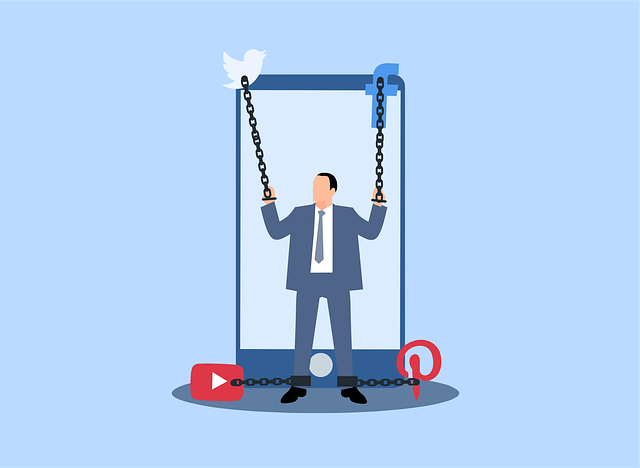Teen depression requires early identification and mental health support. Cognitive Behavioral Therapy (CBT) targets negative thought patterns through cognitive restructuring, behavioral activation, and problem-solving skills. Integrating family involvement enhances CBT's effectiveness by fostering a supportive environment for teens' healing journey.
Teen depression is a growing concern, yet treatable with evidence-based approaches like cognitive-behavioral therapy (CBT). This article delves into the multifaceted role of CBT in addressing teen depression. We explore key techniques such as cognitive restructuring, behavioral interventions to break negative cycles, and the integral role of family support. Understanding the signs and symptoms is crucial for providing the necessary mental health support for teens. By integrating these strategies, we can help young individuals overcome depression and foster resilience.
Understanding Teen Depression: Signs and Symptoms
Teen depression is a serious mental health concern that requires understanding and effective treatment. Recognizing the signs and symptoms is the first step in providing much-needed mental health support for teens. This age group often experiences unique challenges, such as academic pressures, peer relationships, and identity formation, which can contribute to feelings of sadness, hopelessness, and anxiety.
Common indicators include persistent sad or empty moods, loss of interest in activities once enjoyed, changes in appetite and sleep patterns, fatigue, difficulty concentrating, feelings of worthlessness or guilt, and recurrent thoughts of death or suicide. These symptoms should not be transient but persist for at least two weeks to warrant a diagnosis of major depressive disorder. Early identification allows for timely intervention using evidence-based treatments like cognitive-behavioral therapy (CBT), which has proven effective in managing teen depression.
CBT Techniques for Cognitive Restructuring
Cognitive-behavioral therapy (CBT) offers powerful techniques for cognitive restructuring, which is a key process in addressing teen depression. By identifying and challenging negative thought patterns, CBT helps teens develop healthier ways of thinking and behaving. This involves teaching them to recognize and reframe distorted thoughts, such as all-or-nothing thinking or catastrophizing, into more balanced perspectives. Through this process, young individuals gain insights that enable them to cope with challenging situations in a more constructive manner.
Mental health support for teens often incorporates CBT strategies that focus on problem-solving skills, relaxation techniques, and behavioral activation. These methods empower adolescents to actively participate in their healing journey. By learning to challenge negative thoughts and engage in activities that bring pleasure or a sense of accomplishment, teens can gradually rebuild their mood and overall well-being.
Behavioral Interventions to Break Negative Cycles
Behavioral interventions play a crucial role in CBT for teen depression, helping to break negative thought cycles and replace them with healthier behaviors. These strategies focus on identifying and modifying unhelpful actions that contribute to depressive symptoms. For instance, teens might be encouraged to engage in regular physical activity, which has been shown to boost mood and reduce anxiety through the release of endorphins. Conversely, mindfulness exercises can help teens learn to recognize and challenge negative thoughts as they occur, replacing them with more realistic and positive perspectives.
By participating in structured activities like these, teens gain practical tools for managing their depression in the moment and over time. This approach empowers them to take an active role in their mental health support, fostering resilience and self-efficacy. Ultimately, combining behavioral interventions with CBT offers a comprehensive framework for addressing teen depression effectively, enabling young individuals to lead happier and more fulfilling lives.
Integrating Family Support in CBT Treatment
Integrating family support into Cognitive-Behavioral Therapy (CBT) treatment for teen depression is a game-changer in mental health care. Family involvement enhances the therapeutic process by creating a strong support network that extends beyond individual therapy sessions. This collaborative approach recognizes that teen depression often stems from complex interpersonal dynamics and environmental factors, which can be effectively addressed with parental or caregiver participation.
When family members learn about CBT techniques and actively engage in the treatment process, they become empowered to help their teen manage symptoms and promote positive coping strategies. This involvement fosters a sense of unity and shared understanding, enabling better communication and support within the family unit. As a result, teens receive holistic mental health support tailored to their unique needs, increasing the likelihood of successful outcomes and long-lasting resilience.
Cognitive-behavioral therapy (CBT) offers a powerful and effective approach to treating teen depression by addressing negative thought patterns and behaviors. Through techniques like cognitive restructuring, behavioral interventions, and integrating family support, CBT equips teens with valuable coping strategies and enhances their overall mental health support. By combining these evidence-based methods, professionals can help young individuals challenge negative beliefs, engage in more adaptive behaviors, and foster a brighter outlook on life. This tailored approach ensures that teens receive the targeted mental health support they need to overcome depression and thrive.
